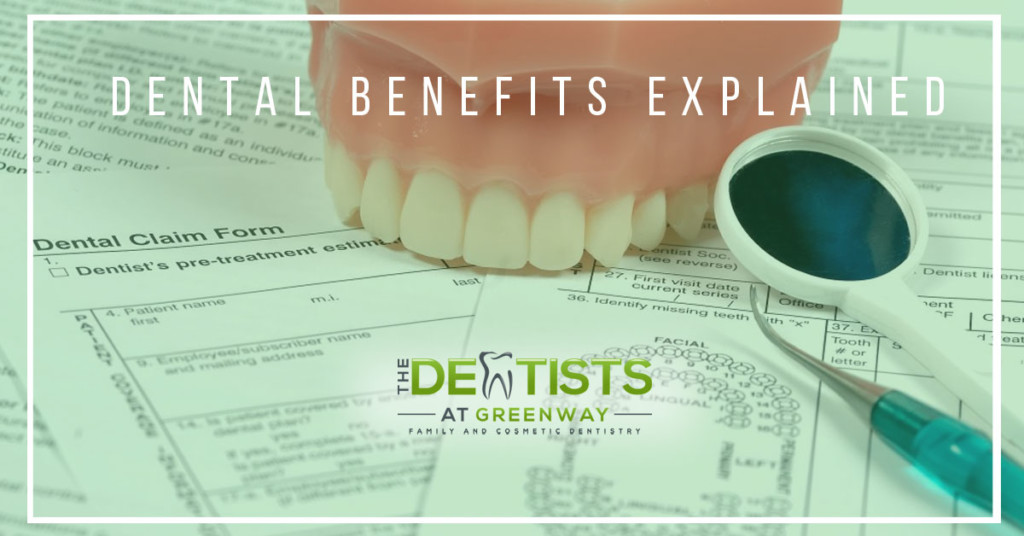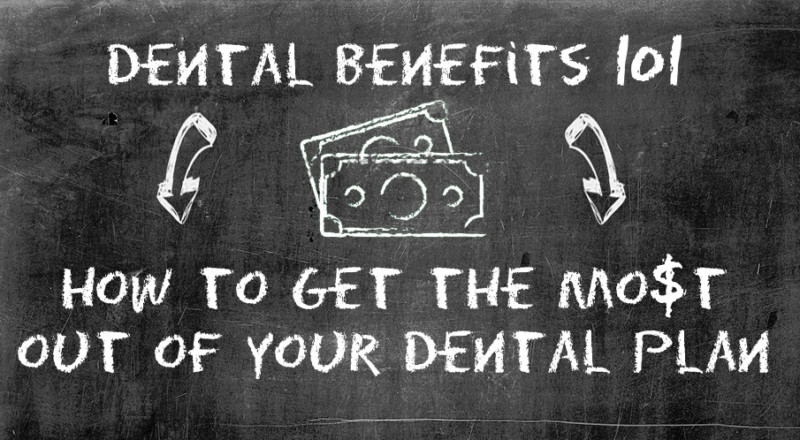Many patients I talk to are confused and sometimes even frustrated with their Dental Insurance. The main reason for this is dental insurance doesn’t actually work the way most people think. When we think of other types of insurance (car, house, electronics, etc) we mostly purchase the it to protect us from large unexpected expenses like an accident or fire.
Dental insurance is usually quite different. This is because unlike car accidents or house fires, dental care is mostly predictable and routine (example: 6 month cleanings). So dental insurance is really more of a benefit your employer extends to offset the cost of dental care that we can see coming.
If Car Insurance worked like Dental Insurance
Tune-up: Covered at 100%
Oil-change: Covered at 100%
Tires: Covered at 80%
Batteries: Covered at 80%
Accidents: Covered at 50%
Annual Maximum limit: $1000 (this is the total amount the insurance will pay in a year)
How Dental Benefits work:
Dental benefits provide a discounted contracted fee that allows you to pay less for your dental needs. This is very different from medical insurance. Medical insurance gives you a total to pay and after you cover your deductible portion, insurance pays the rest. With dental benefits, you have a maximum that your insurance provider will pay per year.
After that maximum you still have to pay for your deductible as well as co-pays based on the percentage that your insurance will cover. However, you can get procedures/treatment done at a discounted rate that your dental provider is contracted with each specific insurance company. Each dental insurance provider has different contracted fee amounts.
As a dental office we submit our standard fees, insurance will then deduct the amount that is contracted from the total standard office fee and pay their covered portion and the patient is responsible for the rest.
For example: You need a crown on your tooth and your insurance covers 50% of the cost after your $100 deductible:
- We submit the standard fee of $1,262 to your insurance
- Your insurance company has a contracted rate with us of $920 for a crown and they will pay 50% ($460) minus the deductible of $100
- Your total out of pocket (co-pay) expense is $565.
So are you only responsible for your estimated discounted rate?
No, the patient is solely responsible for the full amount that any dental office charges. Your insurance is simply there to help you get a discounted fee and approve procedures that you need. As a dental office, we do our best to appeal any treatment and help you get the most payment from insurance. We also appeal any procedure several times before you have to pay anything extra out of pocket.
Ultimately it is up to the patient to understand their dental benefits and financial responsibilities.
What to look for when purchasing a dental benefits policy:
- Do they have Orthodontic coverage and do they have an age limit?
- How many times are you allowed to get routine cleanings and x-rays per year?
If these are per months and not per year, be careful as they are counted from the previous to last time you were seen of when you can be seen again
- Do they cover deep cleanings in the case that you may require it?
- Is there any waiting periods of when you are allowed to use your benefits?
- Is the annual maximum payment a high amount?
- Do you have any rollover benefits if not used in that year?
- Is this a PPO plan, so that you can use your benefits at any office of your choice?
- Will you be allowed to go to an out-of network dental provider if you choose? And will your benefits remain the same?

Dental Benefits can be tricky and difficult to understand at times. If you ever have any concerns or questions, we are always here to help.

